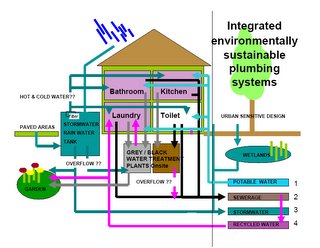Insulation to your home.
Since heating and cooling make up the single largest portion of your home energy bill, reducing your heating and cooling needs should be your top priority for reducing energy bills.
Insulation
Inadequate insulation and air leakage are the leading causes of energy waste in most homes. Insulation stops this waste by stopping the transfer of heat. In the winter, it helps keep the heat inside, and in the summer, it helps keep the heat outside. This reduces the number of times your heating or cooling systems need to cycle on, saving you energy and money.
It is possible to add insulation to almost any home, and insulation gives you the most noticeable effects – it saves you money and your home will feel more comfortable. Walls, ceilings, and floors will be warmer in the winter and cooler in the summer. Insulation can also act as a sound absorber or barrier, keeping noise levels down.
- To see a video on how to install insulation, click here.
- Financial incentives are available in some areas. The North American Insulation Manufacturers Association website Simplyinsulate.com has a wealth of information including financial incentives for each state.
- To find out if your home has enough insulation, check out the Department of Energy and Oak Ridge National Laboratory’s recommendations by clicking here.
- For more information on insulation and air sealing, visit the ENERGY STAR® website.
Air Sealing
Warm air leaking into your home during the summer and out of your home during the winter can waste a lot of energy and increase your energy bill. One of the quickest ways to reduce the waste is to caulk and seal all seams, cracks, and openings to the outside of your home. These can be hard to find and you may need the help of a professional. You probably know (and may be able to feel) air sneaking into your home around your windows and doors. But lots of air infiltrates through openings in the ceilings, walls, and floors. The biggest holes are most often found in the attic and the basement. Caulk, spray foam, and weather stripping are the most common materials used for sealing up these holes. These materials are very affordable and can be purchased at your local Home Depot or other stores, and for the price, have a big payback. You can save 10% or more on your energy bill by reducing the air leaks in your home.
- For a fact sheet on Air Sealing from the Department of Energy click here.
- If you want to seal your home but aren’t sure if you should do it yourself, or hire a contractor, click here.


